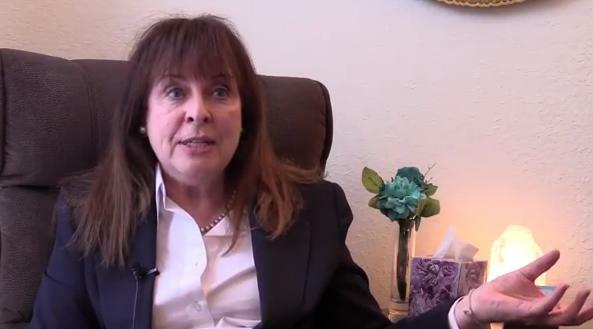A husband who cares for a wife with cancer. A son who cares for an aging parent with dementia. A neighbor who checks in on an elderly friend. According to US Bureau of Labor Statistics, in 2018, 40.4 million people in the United States provided unpaid caregiving services to someone 65 or older, spending an average of 3.5 per hours per day providing this care. Wow!
Caregiving is inherently human! It is deeply interwoven in our history, transcending the hourglass of time, defying borders, crossing seas and mountain ranges. Littered across texts among nearly every civilization are examples of geriatric caregivers; from Athenian Law in ancient Greece requiring children to care for their aging parents, or Leviticus 19:32, stating “you shall stand up before the gray head and honor the face of an old man.”
Caregiving always starts with one person trying to help another. But often the person who provides the care ironically, moreover sadly, becomes the person who actually winds up needing care themselves. The term is quite frequently referred to as caregiver burnout – a state of emotional, physical and mental stress occupied by the caregiver, often at wit’s end.
Are you a Caregiver or Someone Who Provides Care?
Aaron Ainbinder, author of Just Before the Stroke of 7, found himself as a solo, full-time caregiver for his mother after she suffered from a stroke, resulting in aphasia, and ultimately dementia. “I had labelled myself, unknowingly, as a caregiver,” describes Aaron in a sit-down interview with Senior Directory. “Being a caregiver was my identity, and by doing that I had limited myself to the world of caregiving. That is, unless I chose to look at it cognitively a little differently. I provided the caregiving that my mother needed, but I was still Aaron. I have learned to step back and say that is what I did, but it wasn’t who I was. There is more to me, I have other skills and interests. I am base player, a song writer, a study of Torah – my Jewish practices. I am more than a caregiver. I am someone who once provided care.”
What a powerful concept! It is so natural to label ourselves as a caregiver. It is an honor and privilege to care for those that we love the most in their time of need. However, by labeling ourselves as a caregiver we unintentionally are like a frog sitting in a pot of water with a flame underneath. At first, we don’t feel the entirety of the stress, pain and angst that goes into being a caregiver. But as the pressure of being a caregiver increases, and days pass by on end, we may suddenly find ourselves having an identity crisis. Only after it’s too late do we realize that we are sitting in a pot of boiling water!
The silver lining simply rests on perception. Be someone who provides care, rather than a caregiver! By conceptualizing caregiving as merely another facet of your dynamic existence, you avoid pigeonholing yourself into a dangerous and limiting identity. You work for a company or own a business. You raise children. You are a partner in a relationship. You exercise at the gym. You volunteer at your local community center. And you also provide care to an elderly loved one.
What's the Importance of a Caregiving Team?
Social Gerontology is the study of the social aspect of aging. One aspect of social gerontology examines the societal aspects of caregiving for the elderly, from family dynamics to the role of healthcare professionals, community members, governments, and even religious organizations. Aaron found himself in a unique and unfortunate situation in which he unexpectedly had to provide full-time, solo caregiving for his elderly mother, without additional help or support. However, most situations are not that extreme and permit a team of caregivers to manage and distribute the caregiving roles and responsibilities appropriately.
Medical related caregiving needs, such as physical therapy or pain management, is quite different from practical caregiving needs, such as transportation to appointments and errands or paying bills. There are also spiritual and social aspects to caregiving which are often overlooked and can result in the elderly person facing social isolation. Among the 40.4 million providing unpaid care to an elderly loved one, it is important that they strategically evaluate the roles and responsibilities of all involved in the caretaking process, including other friends and family members, paid professionals, community organizations, and, of course, themselves.
“That was a dangerous role,” Aaron reflects, with a half smirk on his face, just over a year after his mother’s passing. “I had not realized I had fallen into the identity of a caregiver. Hindsight is always so clear. I wish we got that up front or in the middle of scenarios. But we don’t!”
For Aaron, if there is one thing he could do to help others in their own caregiving experiences it is to not have to rely on hindsight. That is why he wrote extensively about his 5-year caregiving journey in his book Just Before the Stroke of 7. To view Aaron’s full interview, click here.
Article and Video by Alex Milzer with Senior Directory. Special thanks to Aaron Ainbinder, author of Just Before the Stroke of 7. Watch Aaron's full interview on full-time, solo caregiving with Senior Directory's YouTube Chanel.


Comments